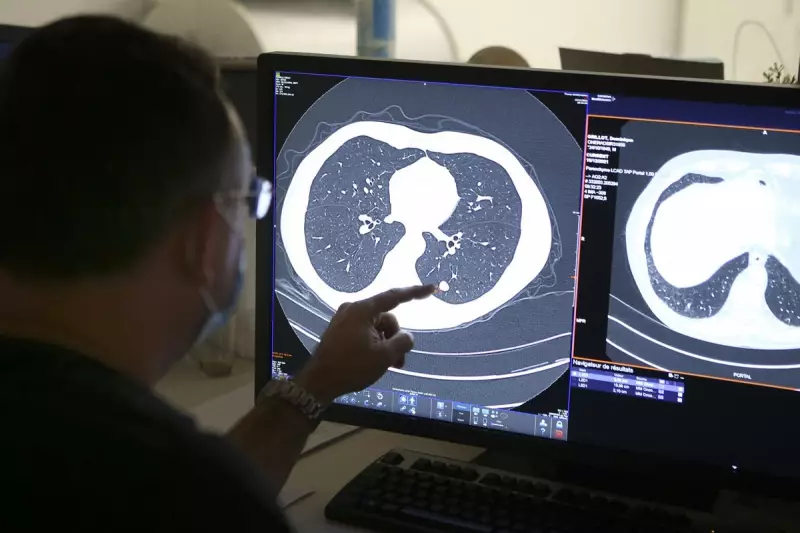
The National Health Service (NHS) is making significant strides in helping smokers kick the habit by widening access to two powerful stop-smoking medications: varenicline and cytisine. These treatments, now more readily available across England, could be game-changers for those struggling to quit.
Why These Medications Matter
Both varenicline (previously known as Champix) and cytisine work by targeting nicotine receptors in the brain, reducing cravings and withdrawal symptoms while making smoking less satisfying. Clinical trials show these drugs can double or even triple a smoker's chances of successfully quitting compared to going cold turkey.
Key Benefits:
- Reduces nicotine cravings effectively
- Makes smoking less pleasurable
- Available through NHS stop-smoking services
- Can be combined with behavioural support
Overcoming Previous Challenges
Varenicline was temporarily unavailable due to manufacturing issues, but its return - along with the introduction of cytisine - gives smokers more options than ever. "Having both medications available means we can offer personalised treatment plans," explains Dr Sarah Jarvis, a GP and smoking cessation expert.
How to Access Treatment
Smokers keen to quit can access these medications through:
- Local NHS stop-smoking services
- Participating pharmacies
- GP practices offering smoking cessation support
The NHS recommends combining medication with behavioural support for the best chance of long-term success. With smoking remaining the leading preventable cause of death in the UK, these new treatment options could save thousands of lives annually.





